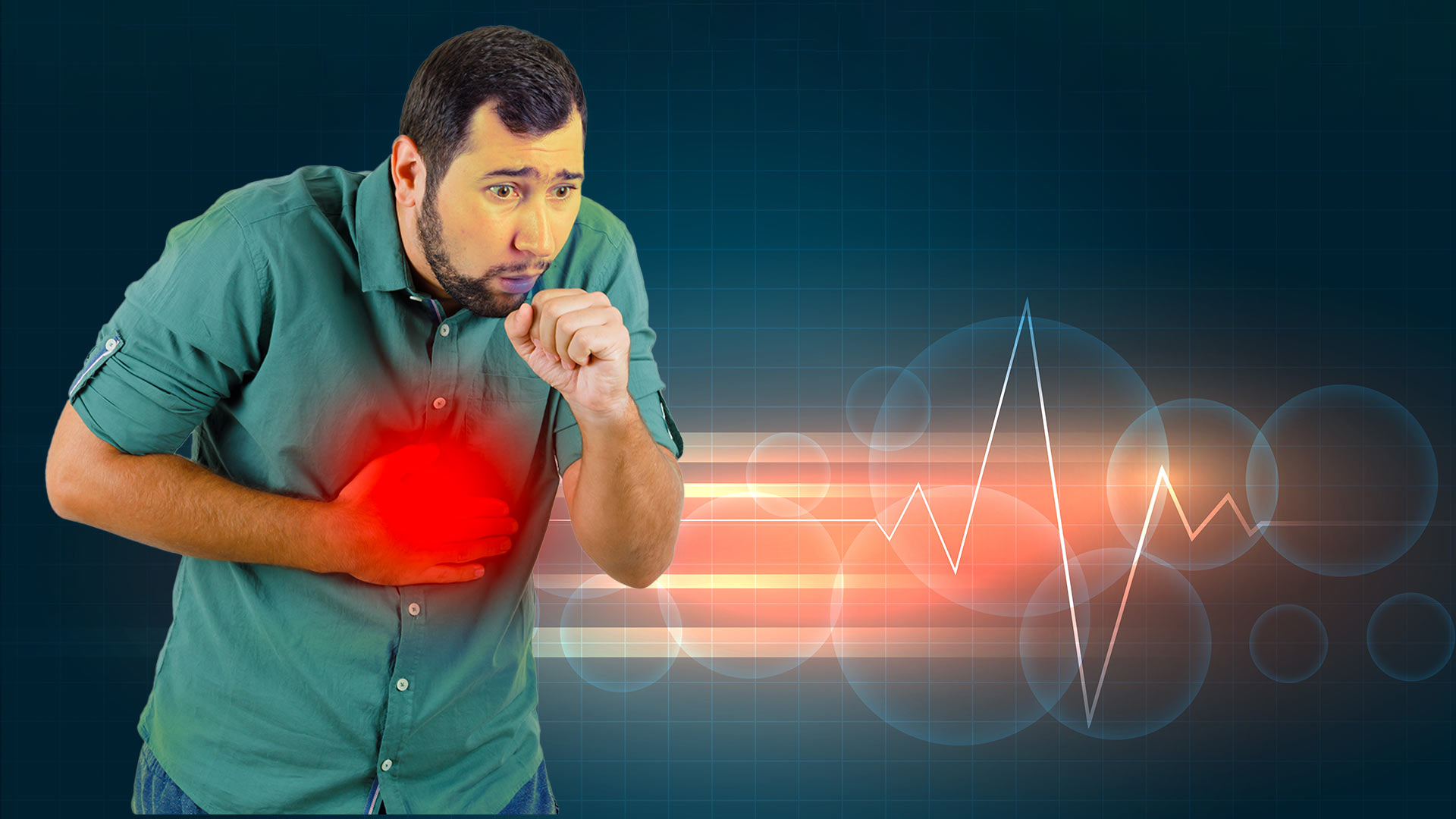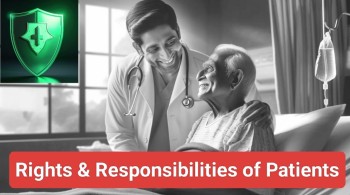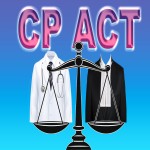Cardiopulmonary Resuscitation (CPR) is a life-saving emergency procedure used when someone experiences sudden cardiac arrest. While traditional CPR is a recognized and effective technique, there has been much debate and misinformation surrounding the concepts of Self-CPR or Cough CPR. In this article, we will explore this idea, dispel myths, and provide accurate information.
Cough-CPR: The Misconception
Cough CPR" is a term that has been widely circulated online and through viral videos, often accompanied by claims that it can be a life-saving technique for individuals experiencing a heart attack or cardiac arrest. However, it is essential to clarify that "cough CPR" is not a recognized or recommended procedure by medical professionals or organizations. Let's delve into more details and provide references to support this information.
Cough CPR" refers to the idea that a person experiencing a heart attack or sudden cardiac arrest can potentially help themselves by coughing forcefully and repeatedly. The theory is that this action can increase pressure within the chest, potentially maintaining blood circulation and preventing loss of consciousness.
Also read- Cardiopulmonary Resuscitation (CPR) Awareness Program
Let's clarify the facts:
A heart attack occurs when there is a disruption in the blood supply to the heart muscle, most commonly caused by a blood clot. It's important to note that a heart attack can potentially lead to a cardiac arrest, a critical situation where the heart stops pumping blood throughout the body. During a cardiac arrest, unconsciousness ensues, and without immediate CPR, involving chest compressions and rescue breaths, the outcome is often fatal.
CPR involves performing chest compressions at a depth of at least 2 inches at a rate of 100-120 compressions per minute. Achieving such compressions requires significant force, which an unconscious person cannot generate on their chest
However, it's crucial to understand that if you are still conscious (which you would have to be to attempt 'cough CPR'), you are not experiencing a cardiac arrest, and therefore, CPR is not the appropriate response. Instead, what's needed is urgent medical assistance.
Medical experts and organizations, including the American Heart Association (AHA), do not endorse or teach "cough CPR" as a valid emergency response technique. There is limited scientific evidence to support its effectiveness, and its safety is questionable.
The AHA's guidelines emphasize the importance of early recognition of cardiac arrest, and initiating standard CPR, including chest compressions and rescue breaths, when necessary.
Also read- Regular Exercise, The Mantra for a Healthy life
Conclusion:
Cough CPR it is essential to rely on established and medically approved techniques when responding to a cardiac emergency. Traditional CPR, administered by trained individuals, remains the gold standard for increasing the chances of survival during a cardiac arrest. If you or someone you are with experiences a cardiac event, call your local emergency number immediately and, if trained, perform standard CPR until professional medical help arrives. The notion of 'cough CPR' is a misleading and potentially dangerous myth that has circulated on the internet, especially on social media platforms like Facebook. If you encounter this misinformation, it is advisable to refrain from spreading it further and, if possible, inform the person who shared it that there is no factual basis to support it. Accurate information and prompt action in the event of a cardiac emergency are essential for saving lives.












Recent comments
Latest Comments section by users